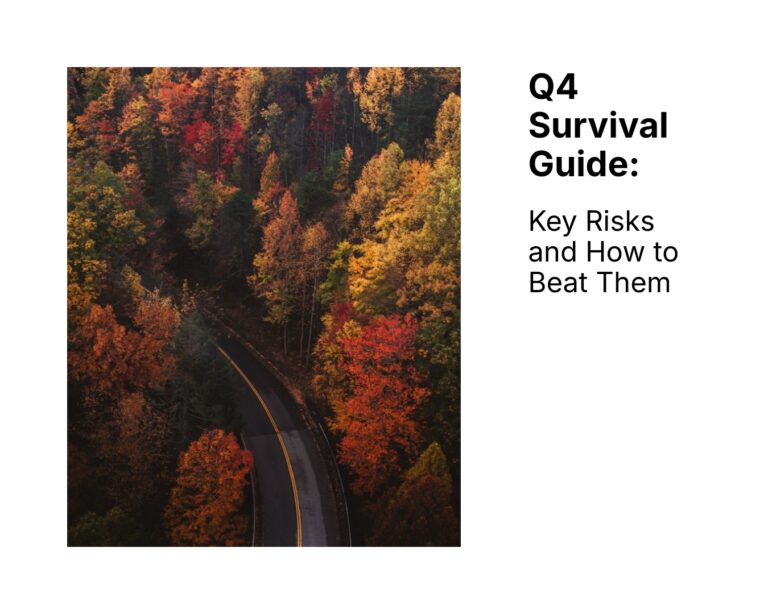Due Diligence Demystified: Preparing Your Business for Investor Scrutiny
If you are preparing your business for investor scrutiny then you need to overcome due diligence. Read on to find out how a CFO can help.
Congratulations! You’ve secured interest from potential investors – a significant milestone for any growing business. But before the investment deal is inked, there’s an important hurdle to overcome: due diligence.
This is where investors meticulously examine your business, dissecting its financial health, operations, and legal standing.
While it might sound daunting, with the right preparation, you can navigate due diligence with confidence and solidify your position for a successful investment round.
What is Due Diligence?
Think of due diligence as a thorough investigation. Investors want to be sure they’re putting their money into a sound business with a promising future. During due diligence, they’ll typically scrutinize various aspects of your company, including:
- Financial Records: Investors will pore over your financial statements, analysing revenue, profitability, and cash flow.
- Legal Documents: They’ll examine contracts, intellectual property rights, and any outstanding legal issues.
- Market Analysis: Investors will assess your understanding of the market landscape, your target audience, and your competitive advantage.
- Management Team: They’ll evaluate the experience and capabilities of your team to execute your business plan.
Getting Your House in Order
So, how can you ensure a smooth due diligence process? Here are some key steps to take:
- Organize Your Financial Records: Ensure your financial statements are accurate and up-to-date. Having a clear audit trail and well-maintained records will demonstrate transparency and build investor confidence.
- Review Legal Documentation: Get all your legal ducks in a row. This includes contracts, patents, trademarks, and any licenses or permits required for your business operations.
- Prepare a Detailed Business Plan: Have a comprehensive business plan that outlines your vision, strategy, and financial projections. This will showcase your understanding of the market and your roadmap for success.
- Assemble a Due Diligence Binder: Compile all relevant documents for investors in a well-organized binder. This will save time and demonstrate your preparedness throughout the process.
Anticipating Investor Inquiries
Be prepared to answer a range of questions during due diligence. Some common inquiries include:
- What are your key performance indicators (KPIs)?
- What are your threats and opportunities?
- How will you use the investment funds?
- What is your exit strategy?
By anticipating these questions and having well-rehearsed answers, you can present a confident and professional image to potential investors.
The Role of a Fractional CFO
Due diligence can be a time-consuming and complex process. A fractional CFO from WrightCFO can be your invaluable partner throughout this critical stage. We can assist you by:
- Reviewing and preparing financial documents: Our experienced professionals will ensure your financial statements are accurate and investor-ready.
- Identifying potential due diligence hurdles: We can anticipate potential investor concerns and help you develop strategies to address them proactively.
- Facilitating communication with investors: We can help you communicate complex financial information clearly and confidently, fostering a positive relationship with potential backers.
By partnering with WrightCFO, you can approach due diligence with a sense of calm and control. We’ll equip you with the knowledge and resources necessary to impress investors and secure the investment your business deserves.
Contact WrightCFO today, and let’s turn your due diligence journey into a success story!
This article was originally published on LinkedIn on 7th August 2024.










